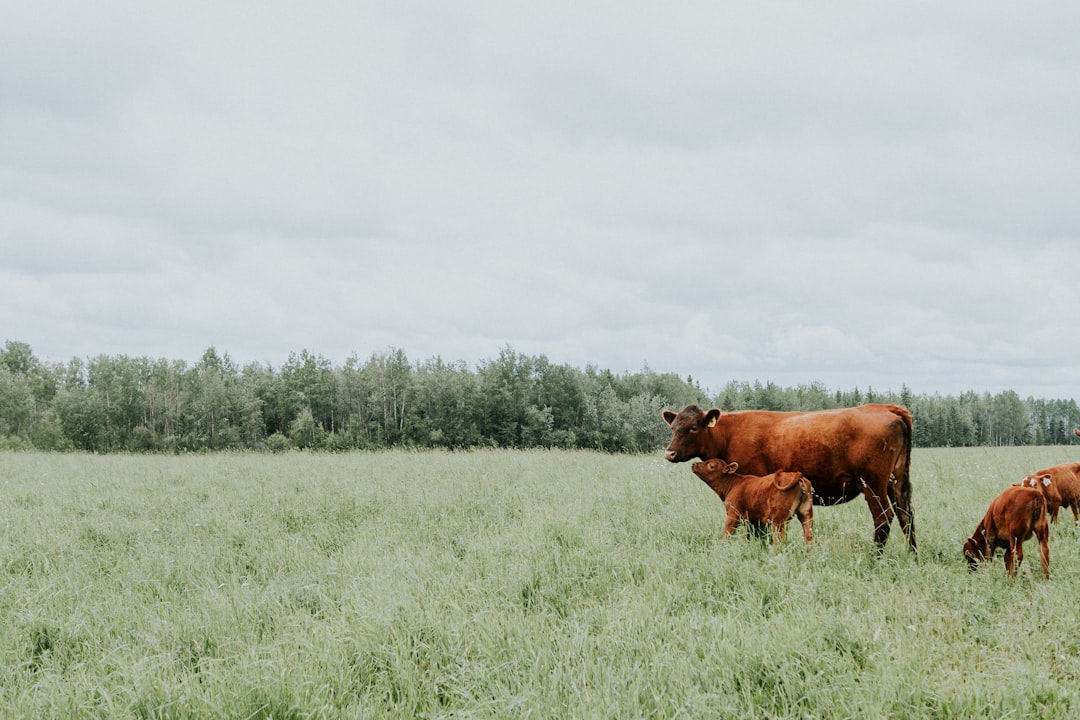Climate change poses significant challenges to animal health and productivity worldwide. Rising temperatures, altered weather patterns, and increased frequency of extreme events are affecting livestock in various ways, from heat stress to disease susceptibility. This post explores the impacts of climate change on animal health and productivity, focusing on heat stress, disease vectors, and extreme weather events. It also discusses adaptation and mitigation strategies that can help the livestock industry cope with these challenges.
Impact of Climate Change on Animal Health
-
Heat Stress
Heat stress is a major concern for livestock, particularly in tropical and subtropical regions. As temperatures rise, animals experience reduced feed intake, decreased fertility, and increased susceptibility to diseases. For example, more than a billion cows globally could face heat stress by 2100, significantly impacting productivity and welfare. -
Disease Vectors and Pathogens
Climate change alters the distribution and prevalence of disease vectors like ticks and mosquitoes, which can spread diseases such as Rift Valley fever and African horse sickness. Changes in temperature and humidity also enhance the metabolic processes of pathogens, increasing the risk of disease transmission. -
Extreme Weather Events
Extreme weather events such as droughts, floods, and storms disrupt animal habitats, reduce feed availability, and damage infrastructure critical for animal care. These events can lead to increased mortality rates and reduced productivity.
Adaptation and Mitigation Strategies
-
Breeding for Climate Resilience
Selecting breeds that are more resilient to heat stress and disease can help mitigate the impacts of climate change. For instance, breeds adapted to local conditions can better withstand extreme weather events. -
Improved Housing and Management
Enhancing animal housing with cooling systems and providing shade can reduce heat stress. Implementing rotational grazing and optimizing feed quality can also help animals cope with changing environmental conditions. -
Disease Surveillance and Control
Strengthening veterinary services and implementing early disease detection systems are crucial for managing the spread of climate-sensitive diseases. Vaccination programs and vector control measures can also reduce disease incidence. -
Climate-Smart Agriculture Practices
Practices like agroforestry and conservation agriculture can enhance soil health, improve water retention, and reduce the vulnerability of livestock systems to climate extremes.
Conclusion
Climate change poses significant threats to animal health and productivity, but by adopting adaptation and mitigation strategies, the livestock industry can reduce these impacts. By focusing on breeding for resilience, improving management practices, enhancing disease surveillance, and implementing climate-smart agriculture, farmers can help ensure sustainable and resilient livestock production systems.
Future Directions
Looking ahead, continued research into climate-resilient livestock systems will be essential. This includes developing more precise climate models to predict disease outbreaks and extreme weather events, as well as fostering global collaborations to share best practices and technologies. By embracing these strategies, the livestock sector can adapt to the challenges of climate change while maintaining productivity and animal welfare.
Citations:
- https://www.linkedin.com/pulse/addressing-impact-climate-change-animal-health-call-maxwell-dextler-tks3e
- https://www.nature.com/articles/d44148-023-00244-7
- https://www.preventionweb.net/news/climate-change-making-livestock-susceptible-diseases-here-how
- https://www.thepigsite.com/articles/the-effects-of-climate-change-on-livestock-production
- http://www.climatehubs.usda.gov/animal-agriculture-changing-climate
- https://pmc.ncbi.nlm.nih.gov/articles/PMC9292043/
- https://pmc.ncbi.nlm.nih.gov/articles/PMC7197753/
- https://www.feedipedia.org/content/impact-climate-change-livestock-productivity
- https://openknowledge.fao.org/bitstreams/da3f8543-c638-4d98-9e23-d5a0db708ff3/download
- https://pmc.ncbi.nlm.nih.gov/articles/PMC6378404/

Comments
No comments yet. Be the first to comment!
You must be logged in to comment. Login